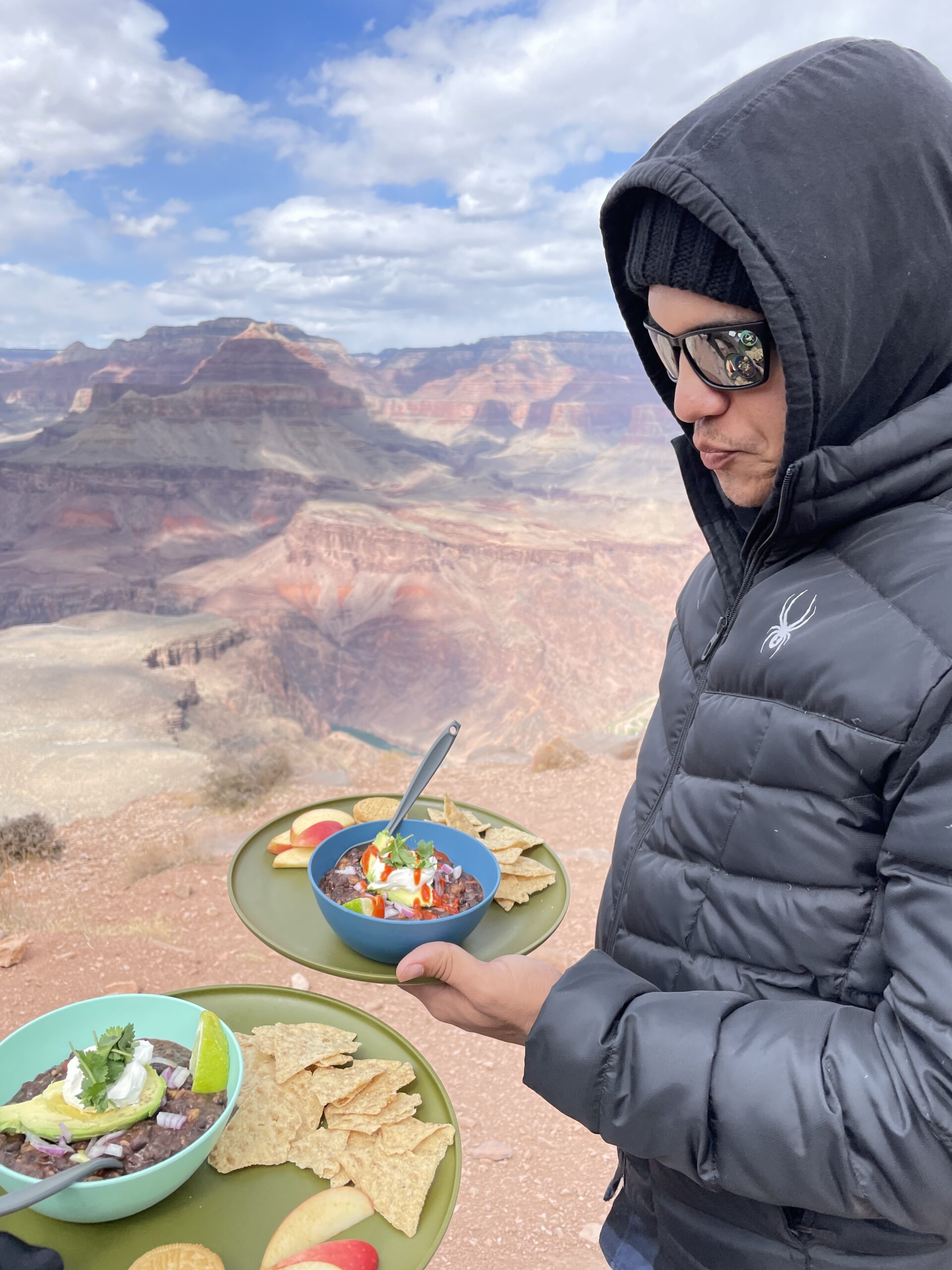Hydration and Nutrition Strategies for Desert Hiking
Hiking in the desert is an incredible way to connect with nature and challenge yourself, but the arid climate and intense heat require careful attention to hydration and nutrition. Proper planning in these areas can make the difference between a successful, enjoyable hike and one that poses serious risks to your health. Here’s how to stay hydrated and well-fueled during your desert adventure:
1. Plan Your Water Intake
Water is your most crucial resource in the desert. Aim to drink at least 1 liter of water per hour during moderate activity, and adjust based on the intensity of your hike and temperature. For multi-hour or all-day hikes, carry enough water to meet this guideline or ensure reliable refill points along your route. Hydration packs and water bottles with easy access make staying hydrated more manageable on the go.
2. Electrolyte Replacement
While drinking water is essential, consuming only water can lead to an imbalance in your body’s electrolytes, especially on longer hikes. Replenish electrolytes lost through sweat with sports drinks, electrolyte powders, or tablets. These maintain sodium, potassium, and magnesium levels, which are critical for muscle function and overall hydration.
3. Pre-Hydrate Before Your Hike
Start your hike fully hydrated by drinking plenty of water before setting out. Pre-hydration helps prevent early dehydration and ensures you begin with optimal fluid levels. Pair this with a light, balanced breakfast rich in complex carbohydrates and protein for sustained energy.
4. Smart Snacking for Desert Hiking
High-energy snacks that are easy to carry and quick to consume are essential for desert hiking. Choose snacks providing a balance of carbohydrates, protein, and healthy fats to maintain energy levels throughout your hike. Great options include:
- Trail mix with nuts, dried fruit, and seeds
- Energy bars or granola bars
- Dried meat or jerky for protein
- Nut butter packets for quick energy boosts
Avoid snacks that are overly salty, as they can lead to excessive thirst without adequate hydration.
5. Hydration-Friendly Foods for Desert Hiking
Incorporating water-rich foods into your hiking snacks can help you stay hydrated. Fruits like watermelon, oranges, and grapes are great for quick hydration and natural sugar boosts. Pack these securely to avoid damage in your backpack.
6. Avoid Dehydrating Beverages on the Trail
Caffeine and alcohol can contribute to dehydration, so it’s best to avoid them before and during your hike. If you consume caffeinated drinks like coffee or tea in the morning, balance them with extra water.
7. Use a Hydration Schedule
Many hikers find it helpful to set a hydration schedule as a reminder to drink water regularly, even if they don’t feel thirsty. Sipping small amounts frequently is more effective than large gulps at infrequent intervals. If you’re hiking with a group, establish hydration breaks to encourage everyone to drink.
8. Monitor Your Hydration Status on Desert Hikes
Watch for signs of dehydration, such as dark-colored urine, dizziness, dry mouth, or fatigue. On longer treks, be mindful of severe symptoms like nausea, confusion, or rapid heartbeat, which can indicate heat exhaustion or heat stroke.
9. Plan for Water Refill Options
If your route allows for water refills at natural sources or designated stations, bring a water filter or purification tablets. These ensure you can safely drink from streams, rivers, or other sources without risk. Always verify the reliability of these sources before your hike to avoid running out of water in remote areas.
10. Post-Hike Hydration and Nutrition
Rehydration doesn’t stop when your hike ends. Drink water and electrolyte-rich fluids to replace what was lost. A post-hike meal with protein, healthy fats, and complex carbohydrates helps your body recover and replenish glycogen stores. Foods like grilled chicken with vegetables or a hearty grain bowl with avocado and lean protein make excellent choices.
Sample Packing List for Desert Hydration and Nutrition:
- Hydration pack or large water bottles (at least 2-3 liters)
- Electrolyte tablets or powders
- Energy bars and trail mix
- Dried fruit or water-rich snacks
- Nut butter packets
- Water filter or purification tablets (for multi-day hikes)
Conclusion: Hydration and Nutrition for Desert Hiking
Desert hiking demands strategic hydration and nutrition practices to keep your body functioning at its best. By preparing adequately, choosing the right snacks, and keeping track of your fluid intake, you can enjoy a safe and exhilarating hike through some of the most awe-inspiring landscapes on Earth. Ready to explore the desert? Click here to book your guided adventure with The Desert Hiking Company!
Learn more about our day hiking and backpacking adventures!







